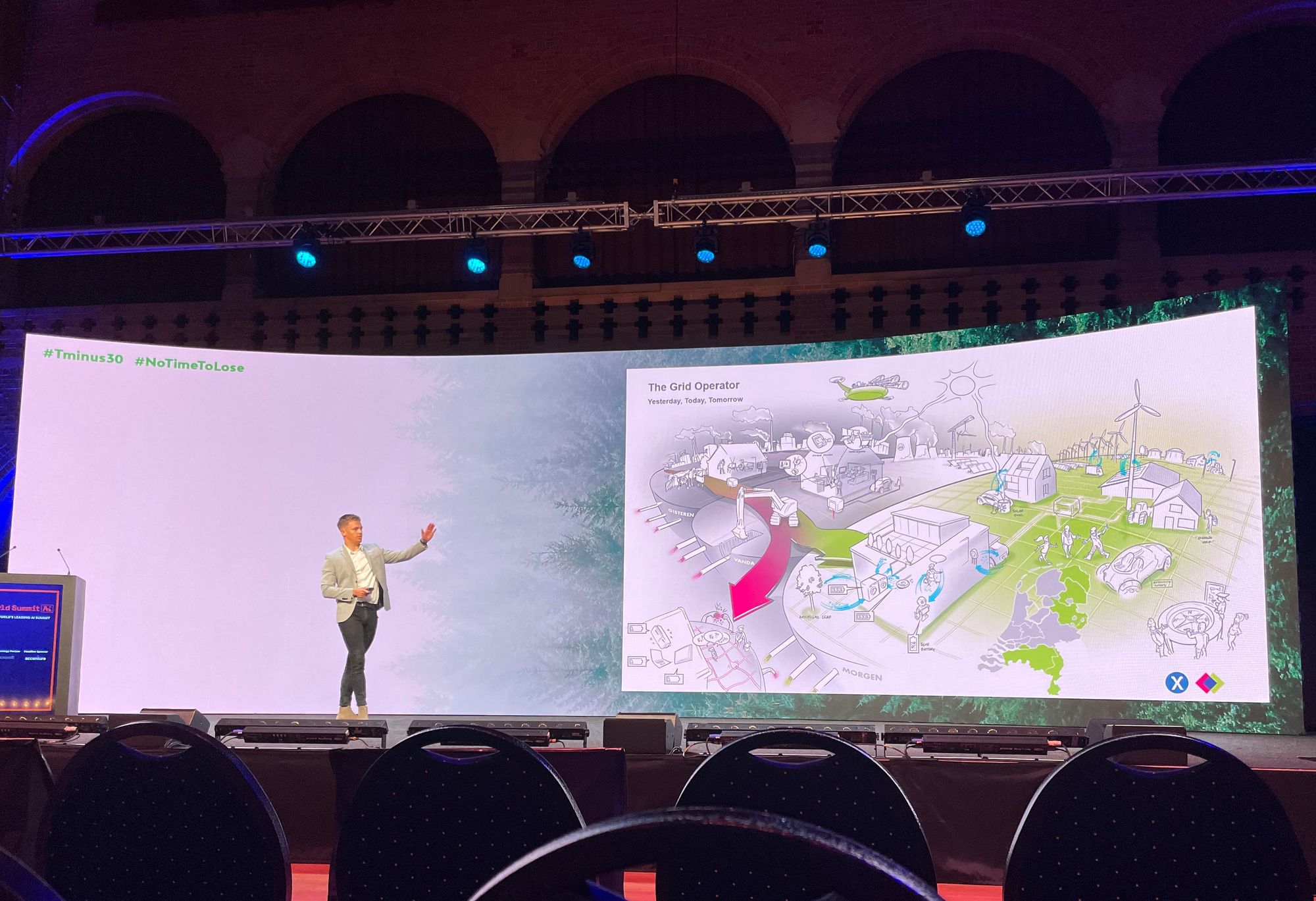NB: This article discusses a program that Xomnia no longer offers.
My name is Martijn Beeks, and I have recently completed the 13-month-long Machine Learning Development Program at Xomnia. I currently work at Xomnia as a fulltime machine learning engineer. Continue reading to know more about me and my experience at the Program.
What is Xomnia’s Data & ML Engineering Program?
Xomnia’s Data & ML Engineering Program (previously known as the Machine Learning Development Program) teaches the most effective tools and state-of-the-art techniques for handling various data challenges.
The Program perfectly aligns with young professionals who want to take the next step in becoming well rounded machine learning engineers or data engineers. The program focuses especially on data engineering skills, because they are in high demand, as many companies still need to set up their data foundations, which they need to achieve a robust AI infrastructure. Therefore, the Program focuses on sharpening your skills at topics that include building data pipelines, cloud experience, and model deployment. This is combined with training in machine learning and general business skills, to prepare you for the rest of your career.
During the program, you will join Xomnia’s team of consultants, and will have the opportunity to make an impact with an impressive range of clients, spanning Adidas, Albert Hijn, ProRail and Alliander. Simultaneously, you will receive coaching from Xomnia’s senior technical team toward your personal and professional development goals. After the program, you will receive the opportunity to join the machine learning engineering or the data engineering teams at Xomnia to continue growing as a medior professional.
Before I go into more details about the program, let me first tell you a bit about myself...
How to become a machine learning engineer? A comprehensive guide for MLE beginners
A little bit about myself...
After obtaining a bachelor’s degree in business engineering, there was a tipping point in my career: Either pursuing a career in business and management, or diving deep into a technical domain. I chose the latter, and started a master’s degree in Operations Management at TU Eindhoven. This masters allowed me to solve real-world operational and logistical problems from a mathematical perspective using old and new approaches. Due to my specialization, which focused on Data Intensive Industries, I better understood the importance of data and how to leverage AI to solve problems that have daily impact on our life.
During my time in Eindhoven, I was leaning towards the data science perspective in solving problems. For instance, during our projects, we usually only had to provide a model for a particular problem, without actually productionalizing it. I felt curious about the productionizing side of projects, and felt interested in this domain because it is the step that is necessary to bring models to life. I joined a startup specialized in planning software for logistical and noticed that my curiosity about productionizing models transformed into a concrete desire to become a machine learning engineer, able to work on both the modeling part of a project as well as the engineering part.
In May 2021, I obtained my master’s degree in Operations Management from TU Eindhoven, and started looking for a new challenge as I wanted to develop myself to become an MLE. At that point, I found Xomnia’s Data & ML Engineering Program as a perfect fit at that stage in my life, and went all in on that. After 13 months, I successfully completed the program and joined Xomnia’s core team as an MLE. Below, I share some insights from my experience at the Program.
Join our monthly, technical and free Data & Drinks event
My experience at the Data & ML Engineering Program
Xomnia gave me a very warm welcome, and I immediately felt at home at the company. After signing a contract, we immediately started looking for a client. The Program consists of a 4-day working week at a client and a fifth day of training at Xomia’s office in Amsterdam.
On the training day, we are taught about a variety of topics that revolve around data engineering, data science and business skills. Some examples of data engineering tools that we studied about include Kubernetes, Kafka, Docker and API’s. The trainings are given by our highly skilled colleagues, who highlight the theoretical as well as the practical sides of a topic. Their expertise really helps in understanding the best context to use a particular skill or technology and how to use it. Personally, I found it very interesting to ask how our more senior colleagues at Xomnia used a particular skill or technology in their context and which challenges they faced.
One big advantage of the Program is the opportunity to directly apply your learned skill or technology during your time at the client. I personally found the Apache Spark and Terraform trainings to be very useful, as I could directly apply the knowledge at my client’s project. Another major advantage is the colleagues and knowledge within the company: As Xomnia’s core team exists mostly out of medior and senior data scientists, MLE’s and data engineers, there is always someone able and willing to help you on some challenge of your project. This is really helpful and useful to increase your practical experience.
We're hiring machine learning engineers
While working at the client
During my time at the Program, I worked at Enexis, one of the largest energy grid operators in the Netherlands. Enexis has over 3 million electricity connections in the Netherlands, and has massive challenges ahead due to the electrification of mobility and heating in the country. The company currently invests more than 1 billion Euros annually to solve these challenges and facilitate the sustainable energy transition. During my assignment, I worked in a DevOps team that oversaw a planning tool that was used to allocate these investments to the energy grid. The tool simulates mid-to-long term scenarios in the grid and provides an overview of assets that are overloaded and need to be replaced somewhere in the future.
During my assignment, I used several machine learning techniques to improve the accuracy of this planning tool. Furthermore, I worked on several data engineering tasks to speed up and improve the ETL layer of this tool by, for example, implementing Spark.
During my time at Enexis, I also had the privilege to give presentations at two conferences. The first was the World Summit AI at the Beurs van Berlage in Amsterdam on how we have used machine learning to model the charging behavior of electric car owners. The second was in Porto, Portugal where I presented a scientific paper on the impact of residential and public charging points of electric vehicles on the electricity grid.

Why work for Xomnia?
During the program, I developed myself in a way that I never could have imagined, and learned a lot in both data engineering and data science. Besides these and all other benefits, I think it is fair to mention that Xomnia’s culture really suits me perfectly. I think we are a community where the emphasis is on sharing knowledge, transparency and having fun! This fun element comes to life during one of many social activities at the office in Amsterdam, the Xomnia WKND that we spent in Düsseldorf, and the Xomnia ski trip in Fiss!
All in all, I highly recommend Xomnia and the Data & ML Engineering Program to young professionals that are in the early stage of their career and want to get the most out of the first few years.



